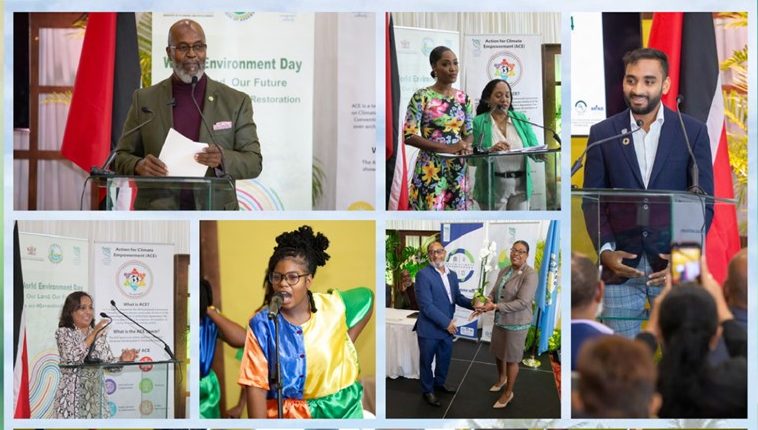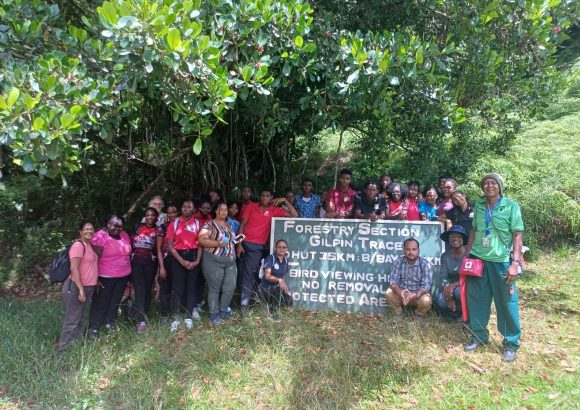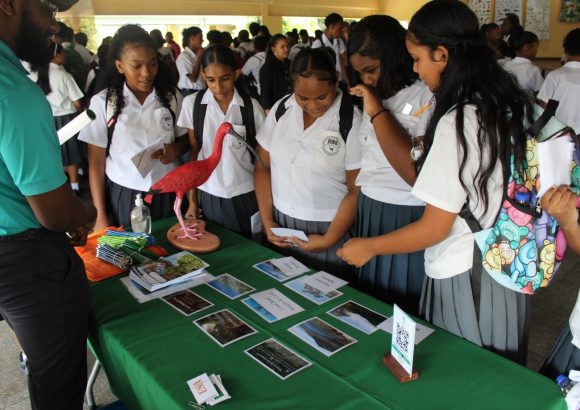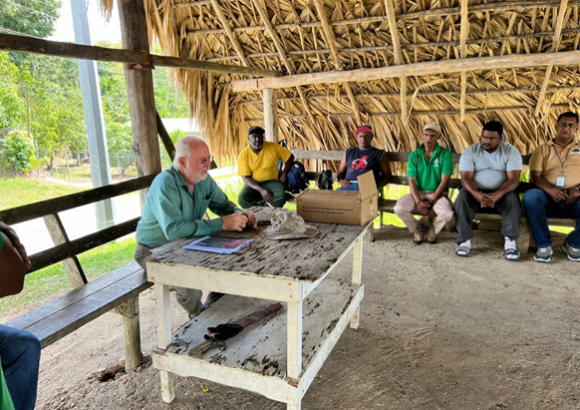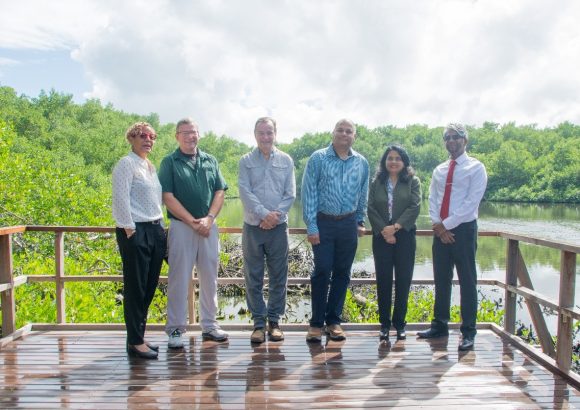BIOREACH stands for Biodiversity Conservation and Agroecological Land Restoration in Productive Landscapes of Trinidad and Tobago.
The Republic of Trinidad and Tobago through the Ministry of Planning & Development (MPD) is currently executing the Global Environment Facility (GEF) funded BIOREACH project. This project seeks to promote biodiversity conservation, restore degraded lands and improve the livelihoods of rural communities in targeted productive landscapes (agriculture, forestry and other land uses) throughout Trinidad and Tobago. The four (4) year Project will be jointly executed by the Environmental Management Authority (EMA) and the National Agricultural Marketing and Development Corporation (NAMDEVCO) with the Food and Agriculture Organization of the United Nations (FAO/UN) as the GEF implementing agency and the Environmental Policy and Planning Division of the MPD as the Project Directorate.
The main problem that the BIOREACH project seeks to address is the threat to Trinidad and Tobago’s biodiversity and productive landscapes from issues of human encroachment, illegal occupation of land, forest fires, and unsustainable livelihood practices. The biodiversity of Trinidad and Tobago plays an important role in the provision of ecosystem services that support human well-being, such as in the provision of freshwater, flood regulation/erosion control, tourism/ecotourism, recreation, shoreline protection (mangroves, coral reefs and seagrasses), nutrient cycling, pollination, and the provision of food.

The depletion of biodiversity and land degradation reduce people’s access to productive landscapes and ecosystem services which has both direct and indirect impacts on livelihoods, health and agriculture production, thereby creating a negative feedback loop.
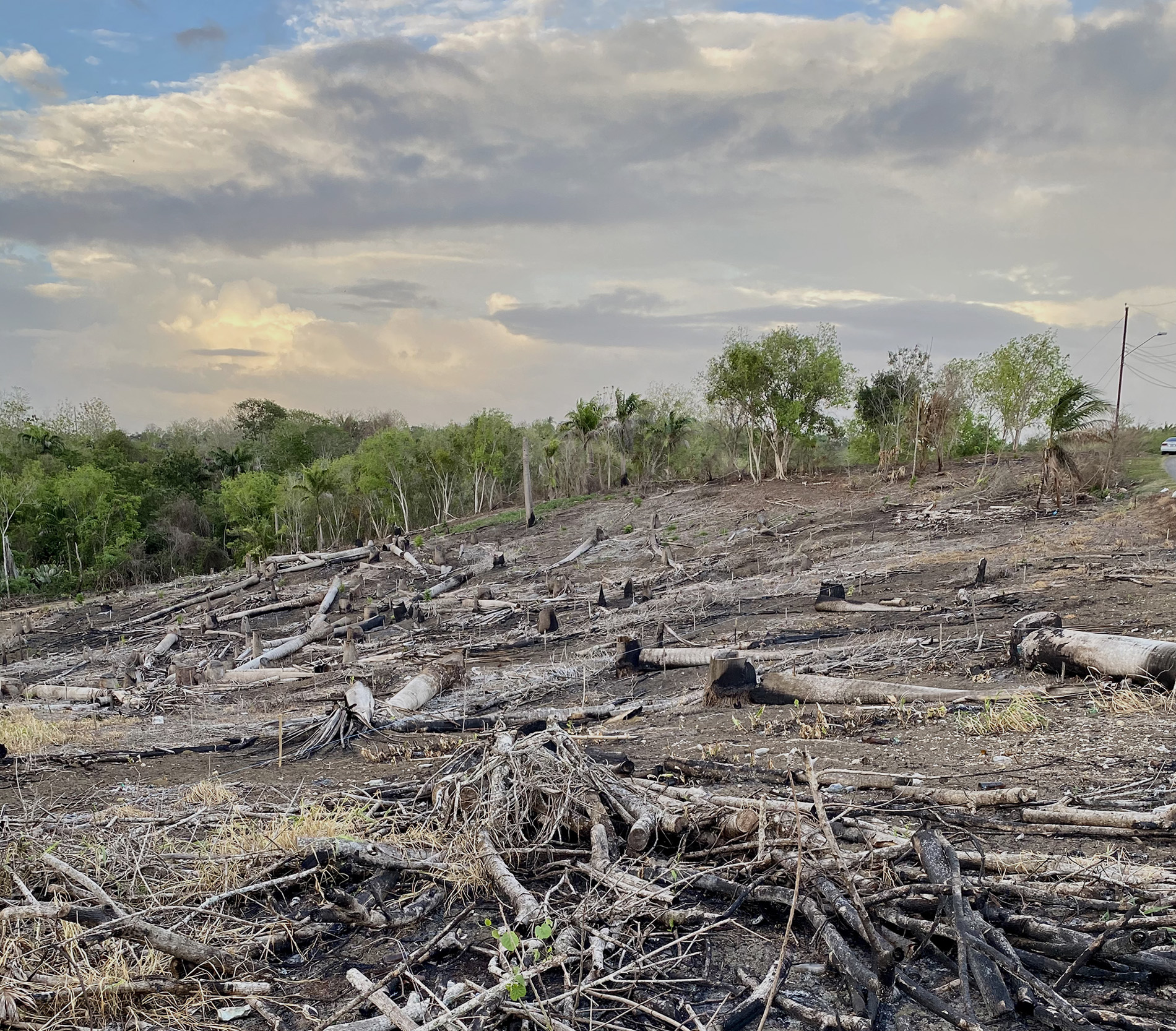
This project seeks to disrupt the negative cycle with a virtuous one, through restoration of landscapes, effective land use planning and the proliferation of sustainably cultivated, green value chains resulting in increased, resilient and more diverse livelihood opportunities. In addition to supporting livelihoods and food security, diverse, better integrated production systems will also increase environmental resilience, especially in the context of severe climate events, which small island developing states (SIDS) such as Trinidad and Tobago are especially susceptible.

The project consist of 4 distinct components, all with their own activities, outputs and anticipated outcomes, as illustrated in the graphic below:


